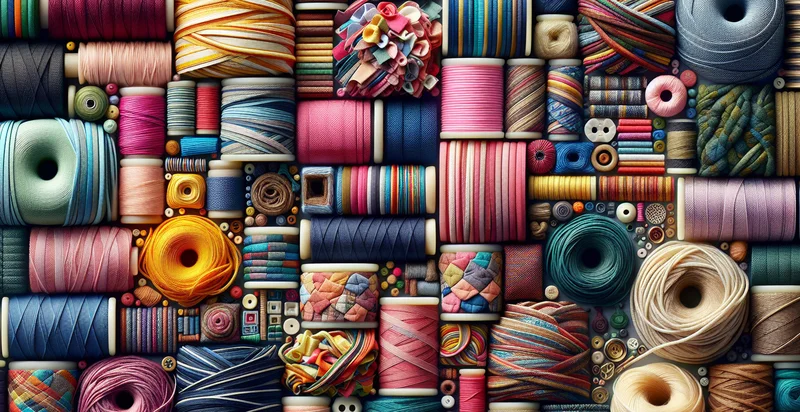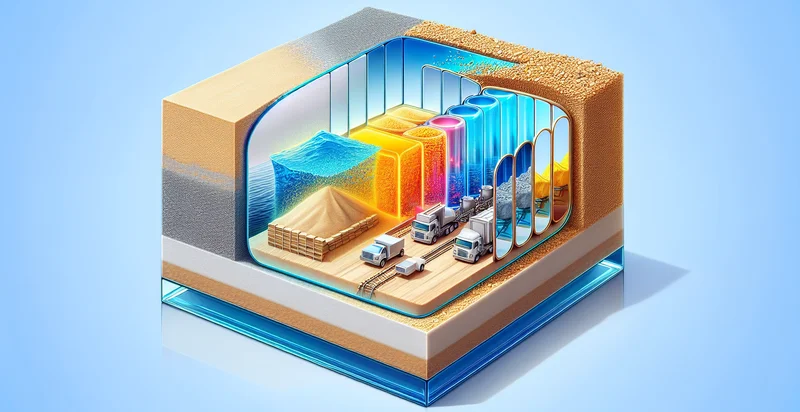Identify what material a bunting is made from
using AI
Below is a free classifier to identify what material a bunting is made from. Just upload your image, and our AI will predict what material a bunting is made from - in just seconds.

Contact us for API access
Or, use Nyckel to build highly-accurate custom classifiers in just minutes. No PhD required.
Get started
import nyckel
credentials = nyckel.Credentials("YOUR_CLIENT_ID", "YOUR_CLIENT_SECRET")
nyckel.invoke("what-material-a-bunting-is-made-from", "your_image_url", credentials)
fetch('https://www.nyckel.com/v1/functions/what-material-a-bunting-is-made-from/invoke', {
method: 'POST',
headers: {
'Authorization': 'Bearer ' + 'YOUR_BEARER_TOKEN',
'Content-Type': 'application/json',
},
body: JSON.stringify(
{"data": "your_image_url"}
)
})
.then(response => response.json())
.then(data => console.log(data));
curl -X POST \
-H "Content-Type: application/json" \
-H "Authorization: Bearer YOUR_BEARER_TOKEN" \
-d '{"data": "your_image_url"}' \
https://www.nyckel.com/v1/functions/what-material-a-bunting-is-made-from/invoke
How this classifier works
To start, upload your image. Our AI tool will then predict what material a bunting is made from.
This pretrained image model uses a Nyckel-created dataset and has 25 labels, including Acrylic, Bamboo Fabric, Burlap, Canvas, Cotton, Denim, Faux Fur, Felt, Georgette and Jute.
We'll also show a confidence score (the higher the number, the more confident the AI model is around what material a bunting is made from).
Whether you're just curious or building what material a bunting is made from detection into your application, we hope our classifier proves helpful.
Related Classifiers
Need to identify what material a bunting is made from at scale?
Get API or Zapier access to this classifier for free. It's perfect for:
- Quality Control in Manufacturing: In manufacturing environments where bunting is produced, this function can be integrated into quality control systems to identify and classify the materials used in production. By ensuring that only specified materials are used, the function can help maintain standard product quality and safety compliance.
- E-commerce Product Verification: Online retailers can utilize this function to verify the material composition of bunting being sold. This enables accurate product descriptions and helps build customer trust, especially in categories where material authenticity is critical, such as eco-friendly or durable products.
- Recycling and Waste Management: Municipalities and recycling firms can implement this image classification function to assist in sorting bunting made from different materials. By accurately identifying materials, the system can enhance recycling rates and reduce waste in landfills.
- Event Planning Services: Event planners can utilize this functionality to assess the materials of bunting used in decorations. Knowing whether decorations are biodegradable or reusable allows planners to make more sustainable choices, aligning with eco-conscious client requests.
- Custom Design Consulting: Companies that offer custom bunting designs can leverage this function during the design process by analyzing material suitability. This can guide designers in selecting the best materials for aesthetic and functional purposes based on the event's specific needs.
- Market Research Analysis: Businesses in the textile industry can use this classification function for market research to analyze trends in bunting materials. By aggregating and analyzing data from various sources, companies can assess competitor offerings and consumer preferences to inform product development.
- Insurance Assessments: Insurance companies that cover event setups or venue decoration can utilize the material classification function during claim assessments. Determining the type of materials used in bunting can help in evaluating risks associated with fire safety or durability, ensuring accurate underwriting and claim processing.


